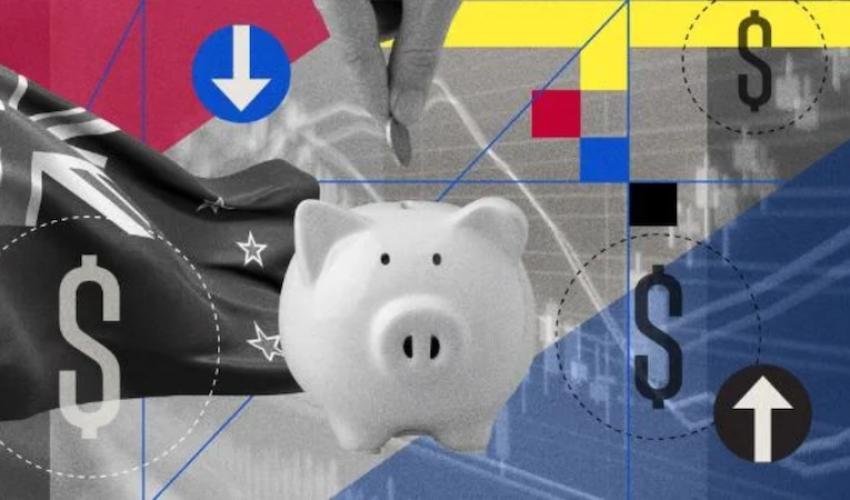Learn » Blog » Hardship rules in KiwiSaver and the burden of proof
Hardship rules in KiwiSaver and the burden of proof
Published on 12/09/2016

In Helen Twose's latest KiwiSaver Q&A, Simplicity's educator Amanda Morrall discusses the rules around hardship and who makes the decision about accessing funds in a crisis.
Q) A family member used KiwiSaver to pay back money he stole from his employer. He was convicted of theft and was able to access his KiwiSaver to contribute to the more than $10,000 he had stolen. He was living at home with his parents and was by no means in any hardship. How can he use it for this but families in crisis can't.
A) The scheme is primarily a retirement savings vehicle and as such the funds are meant to be locked up until 65.
There are, however, allowances for early withdrawal and hardship is one of them.
Hardship is defined as not being able to meet your living expenses, and rent or mortgage payments. Serious illness and paying funeral expenses for a family member and medical expenses for a loved one also count.
It's not your KiwiSaver provider that makes the call but rather an independent trustee," says Morrall.
Every KiwiSaver provider has an independent trustee - known as a supervisor - licensed by the Financial Markets Authority.
The supervisor's role is to look out for the investors' best interests.
As well as monitoring providers to ensure funds are being invested as stated in the offer documents, supervisors also assess claims to withdraw KiwiSaver funds in cases of financial hardship.
Applicants are expected to provide physical evidence of their financial hardship as well - such as bank statements, bills or a statutory declaration.
Providers often have standard forms to help members pull together the required documentation for their claims.
KiwiSavers wanting to access funds early should also expect to sit down with a budget adviser to work through their finances before making the hardship request.
It is at the discretion of the trustee whether to release the funds early, although anyone unhappy at being turned down can complain to an independent dispute resolution service.
"The financial circumstances of your family member don't sound good if they were convicted of theft and also living at home, so that might have been a compelling enough reason for the trustee deciding his or her case, but I don't know the detail of the case," Morrall explains.
"Families in real crisis can most certainly access their KiwiSaver funds but the onus is on them to demonstrate a legitimate crisis, not just a situation where they can't upgrade to a new car or finance a holiday".
"The Court of Appeal recently decided that in the case of a bankruptcy, KiwiSaver funds can't be tapped to pay down creditors," says Morrall.
"While you might find the situation with your family member unjust, I expect their aggrieved employer was happy at least to have been repaid," she says.